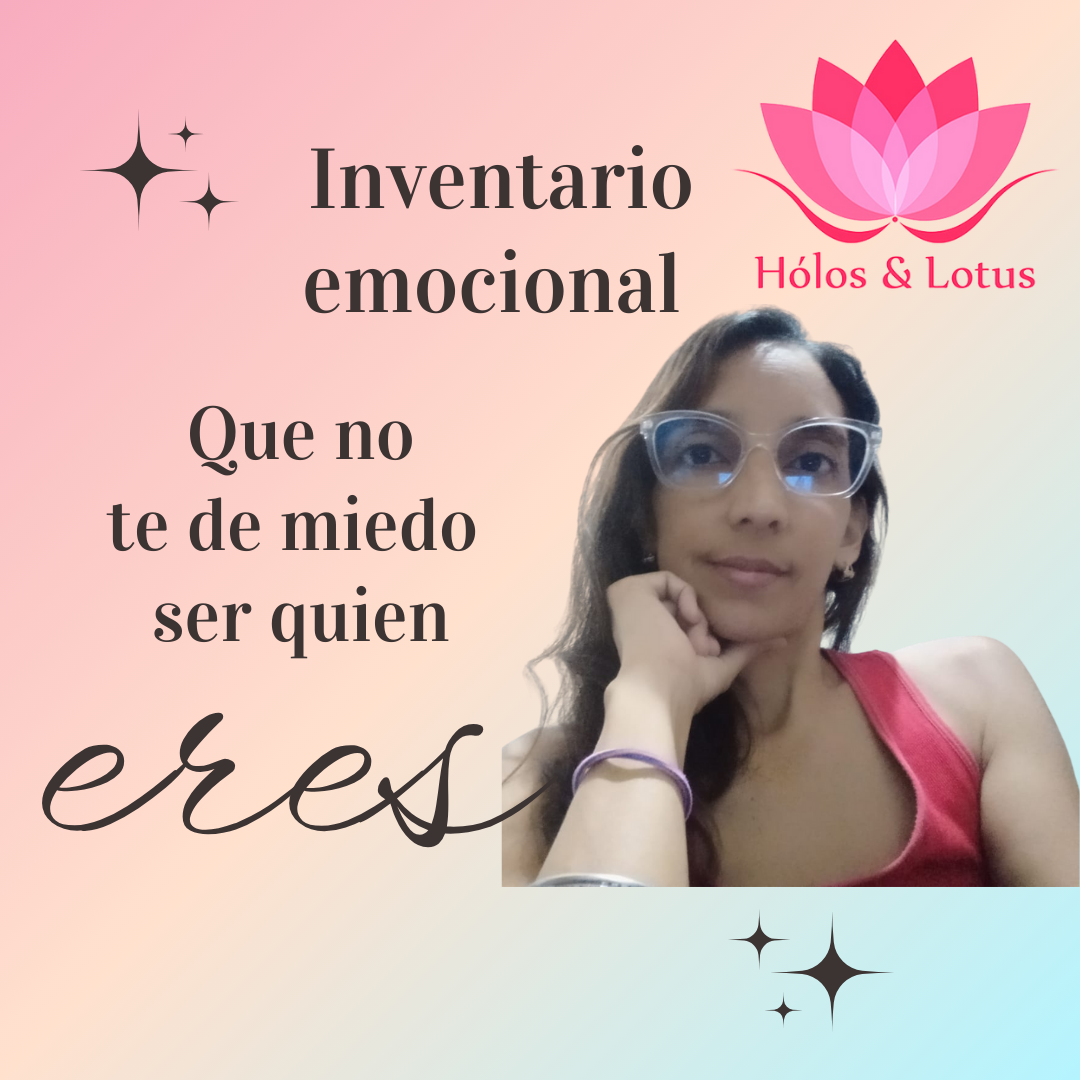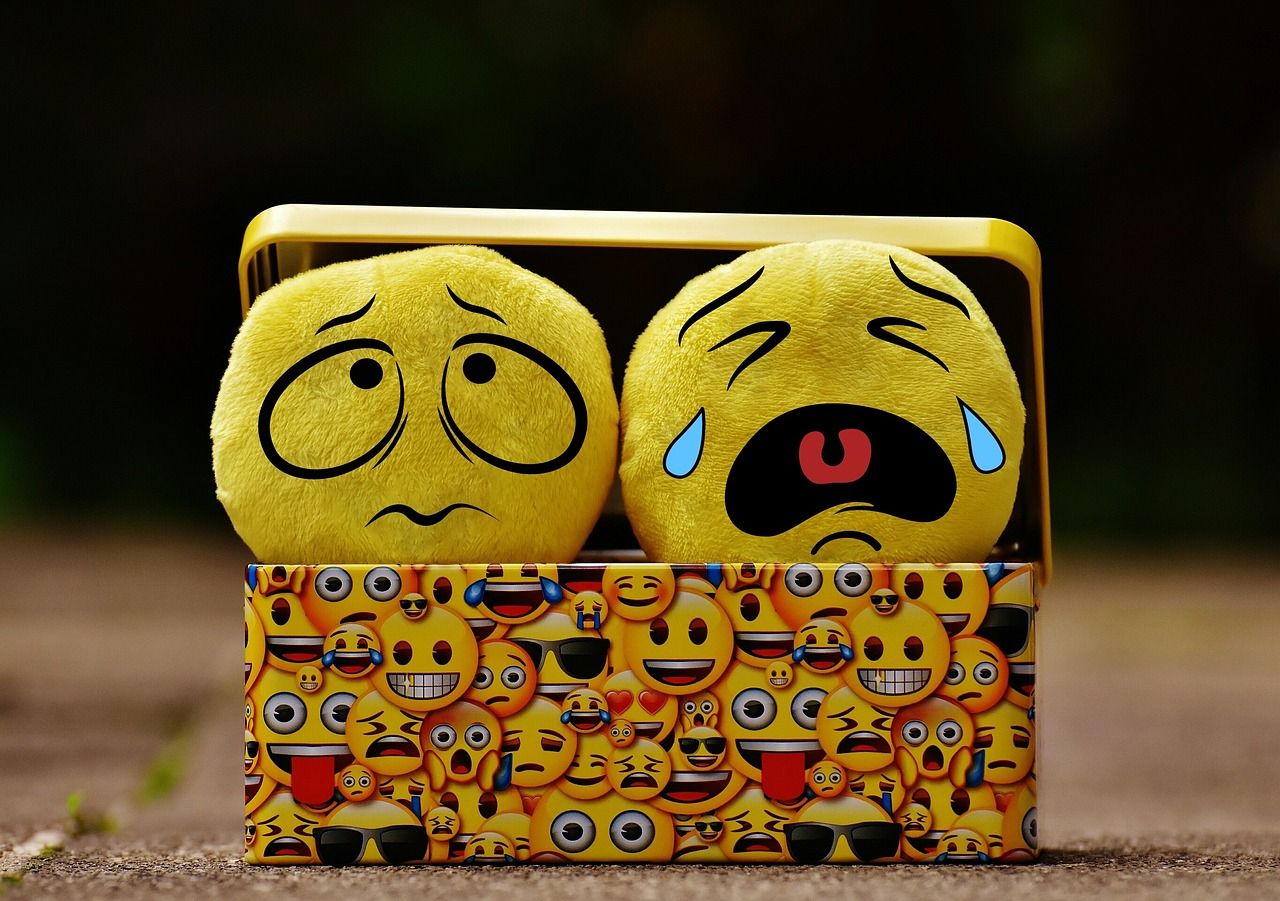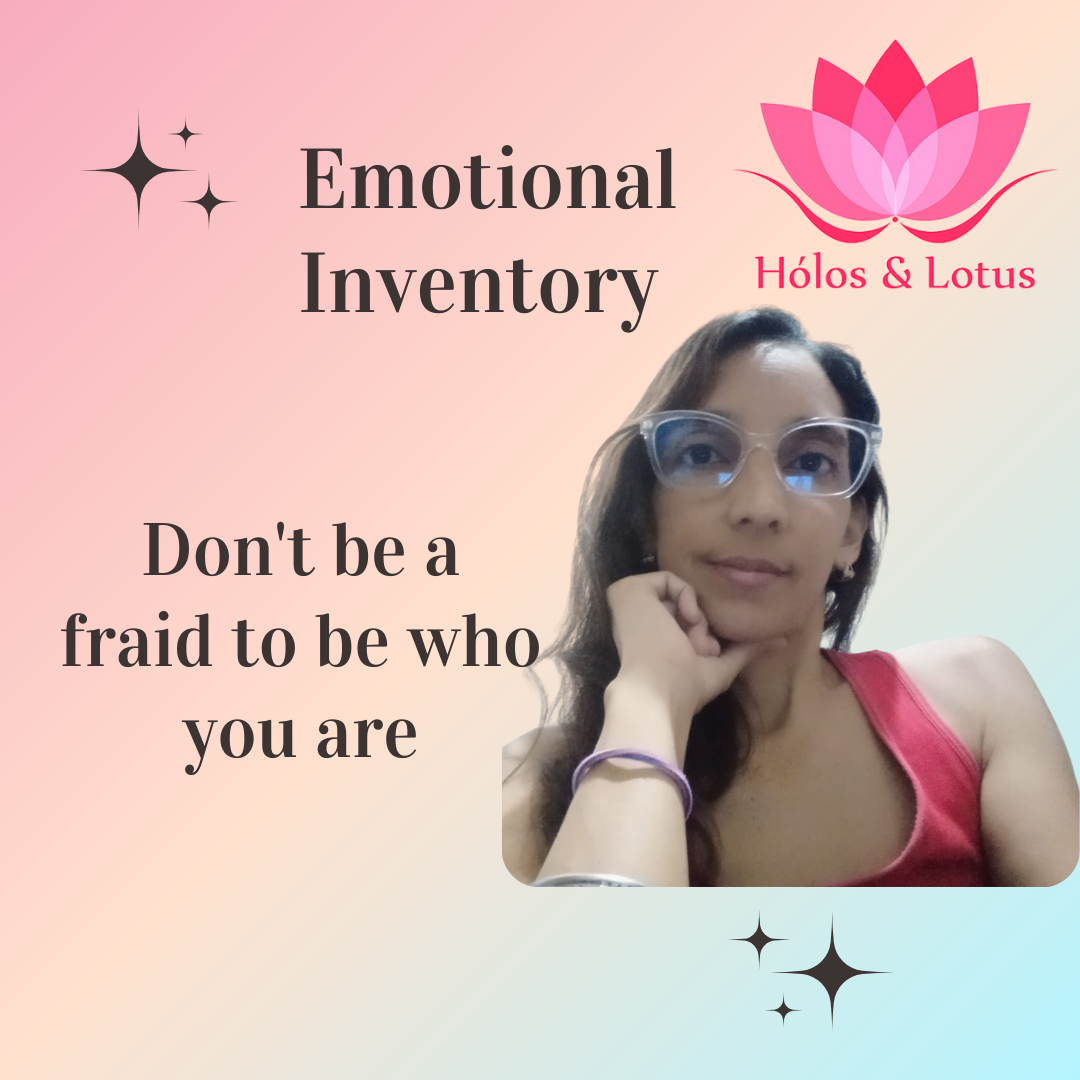
Cuando hablamos de inventario emocional, pensamos en ese proceso de detenernos, revisar nuestras emociones y reconocer cómo hemos construido nuestras relaciones. Este término, del que nos habla con tanta claridad la amiga @iriswrite en su publicación y estreno de columnista por un día, nos demuestra que no es un simple concepto psicológico; es una herramienta vital para entendernos, sanar heridas y evitar repetir patrones que no nos hacen bien.
Un inventario emocional nos invita a observar de dónde venimos, qué dinámicas hemos vivido y cómo esas experiencias moldean nuestra manera de ser madres, parejas, hijas, hijos o profesionales. Y al revisarlo nos platea la amiga @iriswrite es imposible no toparnos con un tema que atraviesa a muchas familias, el autoritarismo disfrazado de amor.
¿Ya leíste la columna de @iriswrite? Vengo de allá ¡una maravilla su escrito!
Autoritarismo familiar
En muchas familias, se confunde el cuidado con la imposición. Lo he vivido, experimenté las dinámicas de un padre autoritario que pensaba que guiar era oprimir. Y aunque esa experiencia me marcó, también debo reconocer que mis hermanos lograron, cada uno a su manera, salir de ese círculo. Hoy mantienen el margen, establecen límites y han aprendido a relacionarse desde el amor, sin quedar atrapados en viejas cadenas.
Esa observación me llevó a preguntarme ¿y yo, por qué sigo en ese círculo? Sentí que no era tan valiente, que no había madurado lo suficiente. Ahí entendí que no basta con darse cuenta; hay que accionar, hay que escucharse internamente y tomar decisiones conscientes para sanar.
La herencia invisible de los patrones
El autoritarismo familiar deja huellas invisibles: •Inseguridad. •Miedo a equivocarse. •Dificultad para confiar en uno mismo.

Y si no hacemos un inventario emocional consciente, esos patrones se repiten en la manera en que criamos, amamos y trabajamos.
Yo he decidido que con mis hijos será distinto. Como madre y docente, sé lo doloroso que es crecer bajo esas dinámicas. Por eso me esfuerzo en construir un ambiente donde se pueda guiar sin oprimir, enseñar sin humillar y acompañar sin sofocar. Porque educar desde el amor no significa controlar, significa confiar en que el otro tiene la capacidad de aprender y decidir.
Autoritarismo en el ámbito laboral
El autoritarismo no se queda en la familia. También se instala en los espacios laborales. Hace algunos años, la frase “trabajar bajo presión” parecía ser una moda, un requisito en los currículums y entrevistas. Como si ser sometido constantemente a un ambiente de tensión fuera algo positivo.
Yo no sé si eso todavía lo piden, definitivamente lo deseche de mi conciencia. Sin embargo, la realidad es que trabajar bajo presión no siempre significa ser eficiente. Muchas veces lo que genera es ansiedad, miedo, agotamiento y un clima tóxico. Y el miedo no construye equipos sólidos, destruye la creatividad, limita la comunicación y erosiona la salud emocional de quienes lo viven.
Escucha interna: el punto de partida
El inventario emocional, lo siento como un acto de valentía, escucharse a uno mismo. Yo lo estoy haciendo. Reconozco mis heridas, mis aprendizajes y mis decisiones pendientes. Comprendo que no se trata de culpar al pasado, sino de decidir cómo quiero vivir el presente y qué legado quiero dejar a mis hijos y alumnos.
Para mi presente la reflexión es clara, si no revisamos nuestras emociones, si no detectamos a tiempo las dinámicas de control y opresión, terminamos siendo cómplices de lo que tanto nos dañó. La verdadera guía, tanto en la familia como en el trabajo, no viene de la imposición, sino de la confianza. Un liderazgo consciente no se basa en infundir miedo, sino en inspirar respeto y motivación.
Hoy sé que darme cuenta es apenas el primer paso. El siguiente es accionar, avanzar y cultivar un entorno donde el amor, el respeto y la confianza sean la base de toda relación. Porque un inventario emocional no se queda en la reflexión, se convierte en una guía para vivir mejor.
Este concepto de inventario me trae a la mente una experiencia muy concreta de mi pasado: hacer un inventario físico en un almacén, hace 23 años, en el almacén de una empresa metalmecánica, ya el señor que había trabajado allí por 40 años, estaba sin querer actualizar los procesos, y todo se volvía un descontrol en ese almacén.
Me tocó asumir, fui dispuesta, decida a contar, localizar y mirar minuciosamente. Había que dejar todo por escrito, lo que venía, lo que faltaba, lo que tanto nos estaban pidiendo y nunca hay, esas piezas ya oxidadas que no se usan en ninguna parte y había que desocupar cajas, hasta la forma como se estaban registrando los reclamos.
Y a ti, ¿te ha resonado este concepto? ¿Has hecho alguna vez tu inventario emocional? ¿En qué ámbito de tu vida identificas más el autoritarismo disfrazado?
Gracias por leerme hasta el final.
Imagen de portada editada en canva

English Version

When we talk about an emotional inventory, we think of the process of stopping, examining our emotions, and recognizing how we've built our relationships. This term, which our friend @iriswrite speaks so clearly about in her post and debut as a columnist for a day, shows us that it's not a simple psychological concept; it's a vital tool for understanding ourselves, healing wounds, and avoiding repeating patterns that don't do us any good.
An emotional inventory invites us to observe where we come from, what dynamics we've experienced, and how those experiences shape our way of being mothers, partners, daughters, sons, or professionals. And when we review it, our friend @iriswrite poses it, it's impossible not to come across a theme that affects many families: authoritarianism disguised as love.
Have you read @iriswrite's column yet? I'm from there! Her writing is wonderful!
Family Authoritarianism
In many families, care is confused with imposition. I've experienced it; I experienced the dynamics of an authoritarian father who thought that leading was oppressing. And although that experience left its mark on me, I must also recognize that my siblings managed, each in their own way, to break out of that cycle. Today, they maintain their boundaries, set limits, and have learned to relate to each other from a place of love, without being trapped in old chains.
That observation led me to ask myself, "Why am I still in that cycle?" I felt like I wasn't brave enough, that I hadn't matured enough. That's when I realized that it's not enough to realize; you have to take action, listen internally, and make conscious decisions to heal.

The Invisible Legacy of Patterns
Family authoritarianism leaves invisible traces: • Insecurity. • Fear of making mistakes. • Difficulty trusting oneself.
And if we don't take a conscious emotional inventory, those patterns are repeated in the way we parent, love, and work.
I've decided that with my children it will be different. As a mother and teacher, I know how painful it is to grow up under those dynamics. That's why I strive to build an environment where we can guide without oppressing, teach without humiliating, and accompany without suffocating. Because educating from love doesn't mean controlling, it means trusting that the other person has the capacity to learn and decide.
Authoritarianism in the Workplace
Authoritarianism doesn't stay in the family. It also establishes itself in the workplace. A few years ago, the phrase "working under pressure" seemed to be a fad, a requirement on resumes and interviews, as if being constantly subjected to a stressful environment was something positive.
I don't know if they still ask for that, but I've definitely erased it from my consciousness. However, the reality is that working under pressure doesn't always mean being efficient. Often, what it generates is anxiety, fear, exhaustion, and a toxic atmosphere. And fear doesn't build strong teams; it destroys creativity, limits communication, and erodes the emotional health of those who experience it.
Internal Listening: The Starting Point
I feel the emotional inventory as an act of courage, listening to oneself. I'm doing it. I recognize my wounds, my lessons learned, and my pending decisions. I understand that it's not about blaming the past, but about deciding how I want to live the present and what legacy I want to leave my children and students.
For my present, the reflection is clear: if we don't examine our emotions, if we don't detect the dynamics of control and oppression in time, we end up being complicit in what has harmed us so much. True guidance, both in the family and at work, doesn't come from imposition, but from trust. Conscious leadership isn't based on instilling fear, but on inspiring respect and motivation.
Today I know that realizing this is just the first step. The next step is taking action, moving forward, and cultivating an environment where love, respect, and trust are the foundation of every relationship. Because an emotional inventory doesn't just stop at reflection; it becomes a guide to living better.
This concept of inventory brings to mind a very specific experience from my past: taking a physical inventory in a warehouse 23 years ago, in the warehouse of a metalworking company. The man who had worked there for 40 years was already unwilling to update the processes, and everything in that warehouse was becoming out of control.
I had to take charge; I was willing, determined to count, locate, and examine thoroughly. Everything had to be written down: what was coming, what was missing, what they were asking for so much and never had, those rusty parts that weren't used anywhere, and boxes had to be emptied, even the way complaints were being recorded.
And has this concept resonated with you? Have you ever taken an emotional inventory? In what area of your life do you most identify disguised authoritarianism?
Thank you for reading until the end.
Cover image edited in Canva